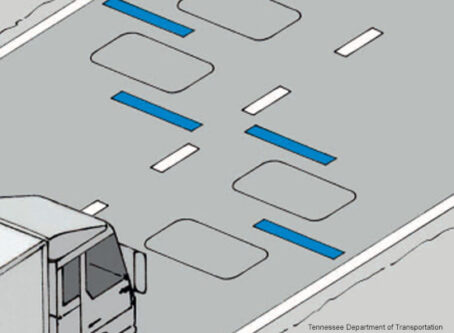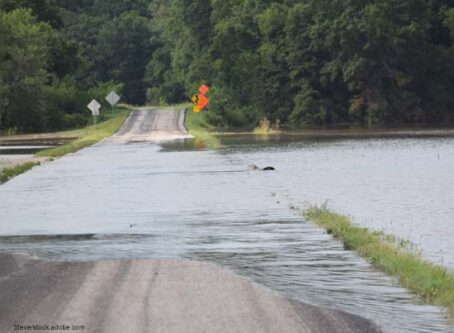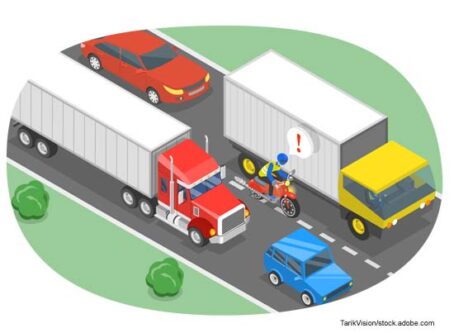Council of Transportation Ministers asks for help with unsafe carriers
Efforts are underway in Canada to keep carriers with “problematic safety records” from operating in multiple jurisdictions after being hit with a penalty from a province or territory.
The issue arose during a Friday, Feb. 23 meeting of the Council of Ministers Responsible for Transportation and Highway Safety, which was co-chaired by Federal Minister of Transport Pablo Rodriguez and Minister of Infrastructure for the Northwest Territories Caroline Wawzonek.
During the meeting, the group of Ministers tasked the Canadian Council of Motor Transport Administrators to “analyze the challenges with the current model for safety certificates… [and] examine potential options to address the issue of carriers with problematic safety records that continue to operate across jurisdictions despite prohibitive measures implemented within a province or territory.”
According to the CCMTA website, the group is “an incorporated body that coordinates matters dealing with the administration, regulation and control of motor vehicle transportation and highway safety.”
One of the council’s functions is to maintain the standards for the National Safety Code – which is utilized by provinces and territories as “the cornerstone of their commercial vehicle regulatory framework.”
The plea for help comes after a British Columbia company utilized trucks from a separate company owned by the same family to keep freight moving after having its safety certificate suspended by the provincial government. The company – Chohan Freight Forwarders – has since had its safety certificate canceled, putting its ability to operate in the province in limbo as it appeals.
This past December, the British Columbia government announced stricter enforcement for carriers involved in infrastructure crashes with the hopes of deterring future incidents. Since then, five different carriers have had their certificates suspended during investigations into bridge, tunnel or overpass strikes. Three of the five carriers are back on the road following CVSE investigations and resulting fines.
While the new regulations in British Columbia might help keep carriers operating solely in that province in line, it does little to address carriers who operate in other provinces.
In Canada, safety certification is issued to carriers based on the province in which their vehicles are plated. Because of this, businesses operating in multiple jurisdictions are required to hold certificates issued by each province they operate in.
As British Columbia Minister of Transportation and Infrastructure Rob Fleming pointed out, under the current system, “there is no one jurisdiction responsible for oversight” of carriers operating in multiple provinces.
“A very small minority of companies are creating huge problems for road safety as well as extensive, costly infrastructure damage,” Fleming said in a Jan 8. letter to Rodriguez. “Collaboration between all levels of government is necessary to hold these organizations accountable across all Canadian jurisdictions.”
There does appear to be support when it comes to closing some of the gaps in the current safety model. The Canadian Trucking Alliance lauded the move, noting it was “in line” with what the group has been asking from CCMTA for nearly two decades.
“Next steps must include a focused and coordinated push by all levels of government and responsible industry stakeholders to bring meaningful action,” said Geoff Wood, CTA’s senior vice president of policy. “This is essential to secure the integrity of the highway safety oversight system for trucking companies.” LL









